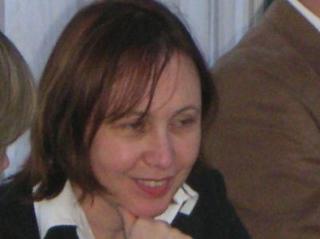Some politicians make extended use of the internet and its possibilities for presenting themselves and their ideas.
Hillary Clinton for example addresses her supporters and the public in general via her website where you can read her political statements and see videos. Soon, there will be a blog, with the intention to invite people for guest-blog entries.
But she’s also on the go in other areas, such as yahoo.answers, where she asked: "Based on your own family's experience, what do you think we should do to improve health care in America?" There were thousands of answers.
On Barack Obamas websites there are podcasts and videos and also a group blog.
A real heavy internet-campaigner is the French socialist Ségolène Royal. On désirs d'avenir (wishes for the future) she presents her 100 suggestions for presidency and got allegedly hundreds of thousands of answers. Visitors of the website are invited to participate in the debates around current affairs, but also in the “blogosphere”, “segosphere” or in the forum. On a blog newcomers to the blogosphere get advice how to create supporting blogs.
There’s a discussion unter the heading of 2008:Who’s ahead Online, started by Micah L. Sifry where he contrasts the online campaigning of Republicans and Democats in the United States – based on his own research, which leads him to the conclusion: The Republican presidential candidates are almost invisible on the web.
Subscribe to:
Post Comments (Atom)

No comments:
Post a Comment